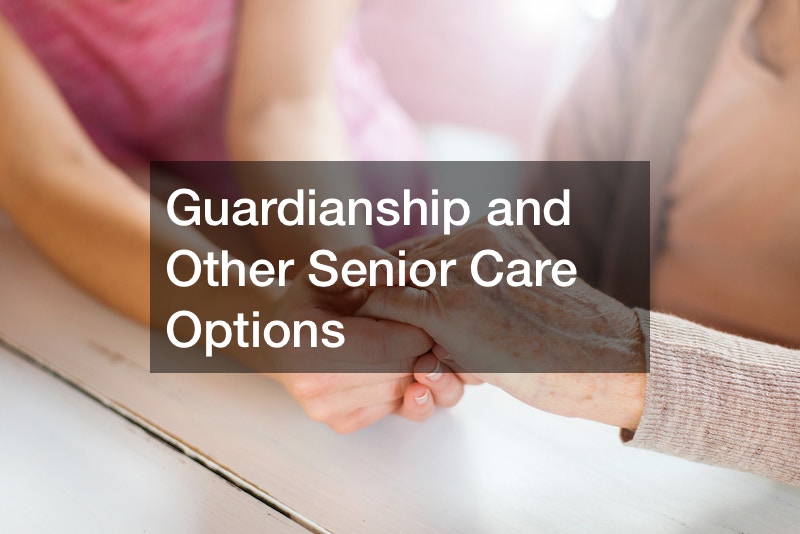
If you have elderly loved ones who need assistance with their daily living activities (ADLs), you may be concerned about their safety at home. Many families in this situation decide their loved ones should move to assisted living facilities. Today’s assisted living facilities make use of smart technology to help their clients with adaptive assisted living. Assisted living facilities are equipped to help the elderly with their daily living activities.

According to Senior Services of America, there are three assisted living levels. Clients with recent hospital stays be admitted to a subacute care unit for recuperation. If an assisted living resident has a health crisis that can be quickly resolved, they can temporarily receive skilled care. The third level of care at assisted living is dementia care; these clients live in a locked unit for their own safety, since clients with dementia will wander frequently.

Although many elderly clients may clinically qualify for assisted living facilities, their families may be concerned about the cost. When it comes to assisted living pros and cons, the cost is often mentioned as one of the cons. Some states may offer financial aid for assisted living through Medicaid. If your loved one is a veteran, they may receive financial help through the Veterans’ Administration.
Finding the best type of care for your aging relative can be daunting due to the many available options. However, it’s better to analyze every senior care service, paying close attention to the pros and cons of each, and make the right decision for your loved one. Remember that you don’t have to rush and pick what’s popular.
Searching for an alternative kind of guardianship, like Senior Care Excellence, is not a crime. Some people want to have their relatives in their own house, so they go for all-in-your-home home care, which is a convenient option. The rest of the family won’t be burdened by having to watch anyone. Professionals will come to your house and assist your loved one correctly.

Meanwhile, others might prefer a different option, such as a new home senior care. They might not have enough room to accommodate another relative in their house or don’t like the idea of having a nurse or another worker coming every day. Therefore, they can choose a senior community or an assisted living facility. There’s a place for seniors everywhere. You just have to be proactive to find the best one. Let’s learn more about other senior care options and guardianship.
The world’s population of adults 60 years and older is steadily increasing. Estimates indicates that this population will nearly double from 12% to 22% between the years of 2015 to 2050. While many adults within this age group may remain healthy and active, others will likely require, or otherwise benefit from, patient care advocacy. It’s also important to consider the benefits of life care planning services.
Potential Issues With Home Caregivers
It can be challenging to take care of a loved one with physical and/or mental health issues. Given this, it’s been shown that at-home caregivers are more likely to show signs of depression. Estimates indicate that this occurs with between 40% to 70% of at-home caregivers. When this occurs, having an elder care service come into the home to provide respite care can be beneficial. Furthermore, it is recommended that the at-home caregiver address these issues with a mental health professional.
Monitoring Medical Conditions
A large percentage of seniors have one or more chronic diseases. This amounts to approximately 80% that experience one chronic disease and 68% that experience at least two. In order to address these and other health conditions, many adults take a minimum of five medications. It has been estimated that this applies to 29% of the United States’ adult population. Some of these adults may require monitoring and other types of assistance to insure that they are taking their medication as prescribed. In some instances, these medications may need to be administered by an in-home healthcare provider.
Guardianship and Other Senior Care Options/h3>
There are certain situations where guardianship may be recommended for older adults. Since an adult guardian looks after an individual’s financial and other needs, such as medical care, it may be something you’re considering.
If you or a loved one are exploring the benefits of living in a senior living community or facility, there are a variety of options. In general, residents at these facilities are at least 55 years of age. Here is a list of different types of senior living facilities that may appeal to you or your loved one:
- Independent living communities
- Assisted living communities
- Nursing homes
- Memory care units
Once you speak with a representative, you will be able to learn more about the variety of living arrangements, activities, and services provided by these facilities.
